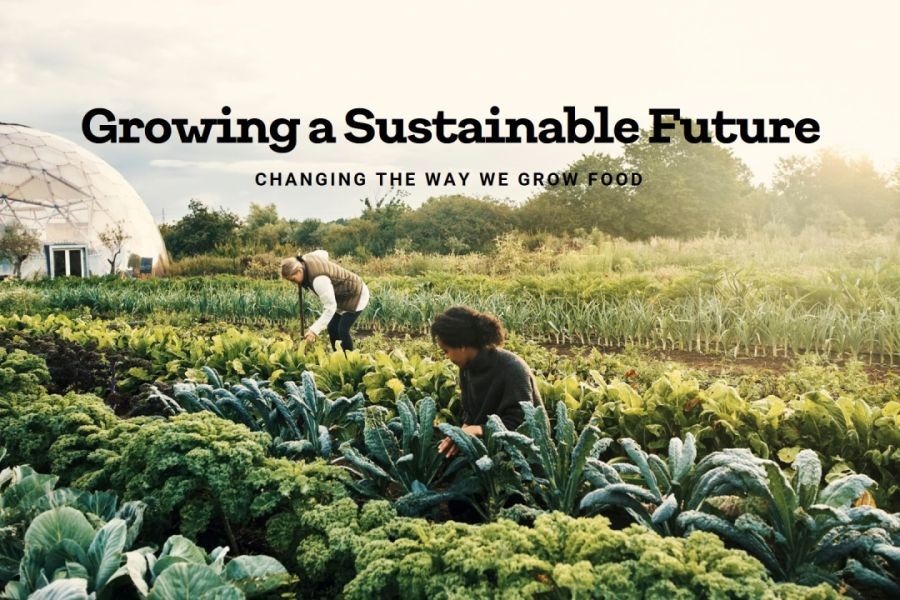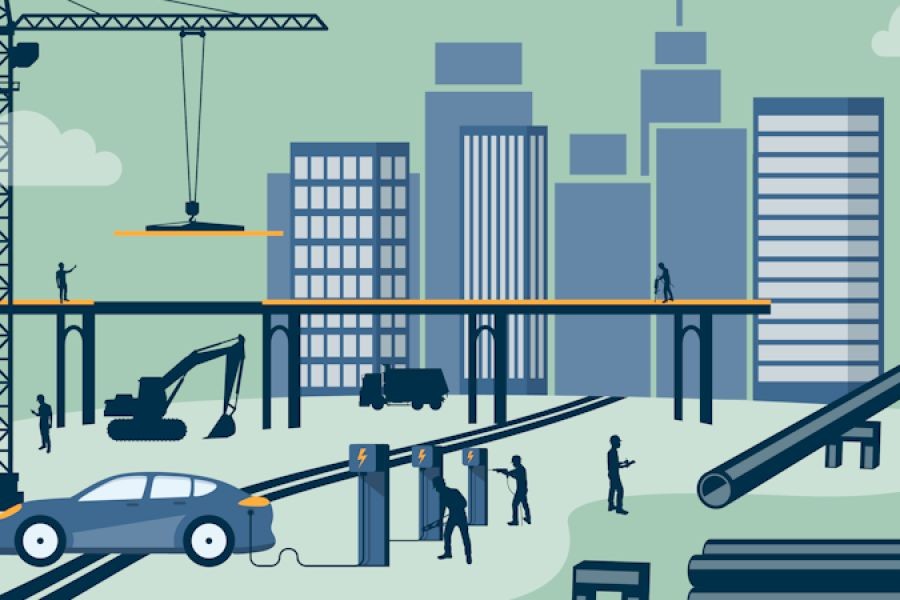New Zealand’s immigration framework is often hailed as a model of inclusivity and adaptability. Designed to cater to various economic needs and social dynamics, it provides a comprehensive approach that aligns with New Zealand's unique demographic and economic landscape. This article explores the intricacies of New Zealand’s immigration laws, revealing how they contribute to the country's economic prosperity and social cohesion.
Understanding New Zealand’s Immigration Framework
At the heart of New Zealand’s immigration policy is a commitment to inclusivity and diversity. According to the Ministry of Business, Innovation and Employment (MBIE), the country welcomes over 50,000 immigrants annually, contributing significantly to its labor market and cultural diversity. This approach not only addresses labor shortages in critical sectors such as healthcare, technology, and agriculture but also enriches the nation’s cultural fabric.
Key Components of the Legal Framework
- Points-Based System: New Zealand employs a points-based system that evaluates immigrants based on skills, qualifications, and work experience. This system ensures that those entering the country can contribute positively to the economy.
- Skilled Migrant Category: This category targets individuals who possess skills in demand within the country, facilitating easier entry for those who can fill gaps in the local workforce.
- Family Reunification: Recognizing the importance of family, New Zealand’s policies also focus on reuniting families, thus promoting social stability and support networks for immigrants.
Case Study: The Impact on New Zealand’s Economy
Case Study: Skilled Migrants Boosting the IT Sector
Problem: New Zealand’s IT industry faced a shortage of qualified professionals, hindering growth and innovation.
Action: The government prioritized IT professionals in their immigration policies, streamlining visa processes for skilled workers in this field. Companies were encouraged to recruit internationally, supported by initiatives such as the New Zealand Tech Talent programme.
Result: Within three years, the IT sector saw a 25% increase in skilled professionals, with companies like Xero reporting a significant boost in productivity and innovation.
Takeaway: This case study illustrates the effectiveness of targeted immigration policies in addressing industry-specific challenges, highlighting the potential for other sectors to benefit similarly.
Data-Driven Insights and Analysis
According to Stats NZ, immigrants contribute approximately 1.9% to GDP annually, a testament to their economic significance. Additionally, Reserve Bank of NZ reports indicate that immigrants play a crucial role in stabilizing the housing market by increasing demand and stimulating construction activities.
Pros and Cons of New Zealand’s Immigration Policies
✅ Pros:
- Economic Growth: Immigration contributes to a diversified and robust economy.
- Cultural Enrichment: Immigrants bring diverse cultural perspectives, enhancing New Zealand’s global image.
- Labor Market Flexibility: The ability to fill skill shortages quickly benefits industries across the board.
- Innovation and Entrepreneurship: Immigrants are often entrepreneurial, contributing to new business ventures and innovation.
❌ Cons:
- Resource Strain: Increased immigration can strain public resources like healthcare and education.
- Integration Challenges: Cultural and social integration can pose challenges, requiring effective community programs.
- Housing Demand: Immigrant influx can exacerbate housing shortages in urban areas.
Debunking Common Myths About Immigration in New Zealand
Myth: “Immigrants take jobs from local citizens.”
Reality: Research from MBIE shows that immigrants often complement the local workforce by filling roles that New Zealanders are unwilling or unable to fill.
Myth: “Immigration leads to higher crime rates.”
Reality: Statistics from the New Zealand Police indicate no significant correlation between immigration levels and crime rates, debunking this common misconception.
Future Trends and Predictions
As New Zealand continues to refine its immigration framework, several trends are expected to shape its future:
- Increased Digitalization: Immigration processes will likely become more digitized, improving efficiency and accessibility.
- Focus on Sustainability: Policies may increasingly emphasize sustainable practices, aligning immigration with environmental goals.
- Global Talent Attraction: New Zealand will continue to position itself as an attractive destination for global talent, particularly in tech and sustainability sectors.
According to a report by Deloitte, by 2028, New Zealand is expected to see a 30% increase in skilled migrants due to global talent shortages and its favorable living conditions.
Conclusion
New Zealand’s inclusive immigration framework not only addresses economic and demographic needs but also enriches the nation’s cultural landscape. By fostering a welcoming environment for immigrants, New Zealand positions itself as a global leader in immigration policy. As the country continues to evolve, maintaining this balance between inclusivity and economic pragmatism will be key to its sustained prosperity.
What are your thoughts on New Zealand's immigration policies? Share your insights below!
People Also Ask (FAQ)
How does New Zealand’s immigration framework impact the economy?
Immigrants contribute approximately 1.9% to New Zealand's GDP annually, bolstering sectors like IT and agriculture, according to Stats NZ.
What are the biggest misconceptions about New Zealand’s immigration?
One common myth is that immigrants take jobs from locals, but MBIE research shows they often fill roles locals can't.
What are the best strategies for implementing inclusive immigration policies?
Experts recommend emphasizing skilled migrant programs, family reunification, and digitalizing immigration processes for efficiency.
Related Search Queries
- New Zealand immigration policies 2023
- Skilled migrant visa New Zealand
- Economic impact of immigration in New Zealand
- New Zealand immigration case studies
- Future of immigration in New Zealand



























kindratyrrell
10 months ago